Marketing is a great career choice for creative people who want to have the stability that’s offered by a more traditional career path. But if you don’t have a marketing degree, can you still make it in the industry? Truth is, most hiring managers are looking for a strong portfolio, previous work experience, and a desire to learn.
So if you’re interested in getting into marketing without a degree, read on to find out how to get your foot in the door.
Can You Become a Marketer Without a Degree?
Yes. Many experts in the field didn’t have marketing degrees when they got their first job, and many are self-taught.
How Do You Become a Marketer Without a Degree?
-
Learn the Fundamentals
-
Choose Your Specialization
-
Develop Relevant Marketing Skills
-
Learn Essential Tools and Software Based on Your Specialization
-
Consider a Bootcamp or Certificate
-
Develop Strong Samples, Work on Volunteer Projects, and Build a Solid Portfolio
-
Find a Mentor
-
Pursue an Internship
-
Always Network
-
Create a Polished Resume and Prepare for Interviews
There are several ways that you can become a marketer without a degree, including self-taught paths, bootcamps, and certificates.
But whichever path you choose, make sure that you do the following:
Learn the Fundamentals
To get into the marketing world, you should start by learning about the principles that underlie it all.
Understand the Goal of Digital Marketing
The goal of digital marketing is to attract customers by providing them with valuable information about your product and then ultimately persuade them to make a purchase.
Know the Value of Good Content
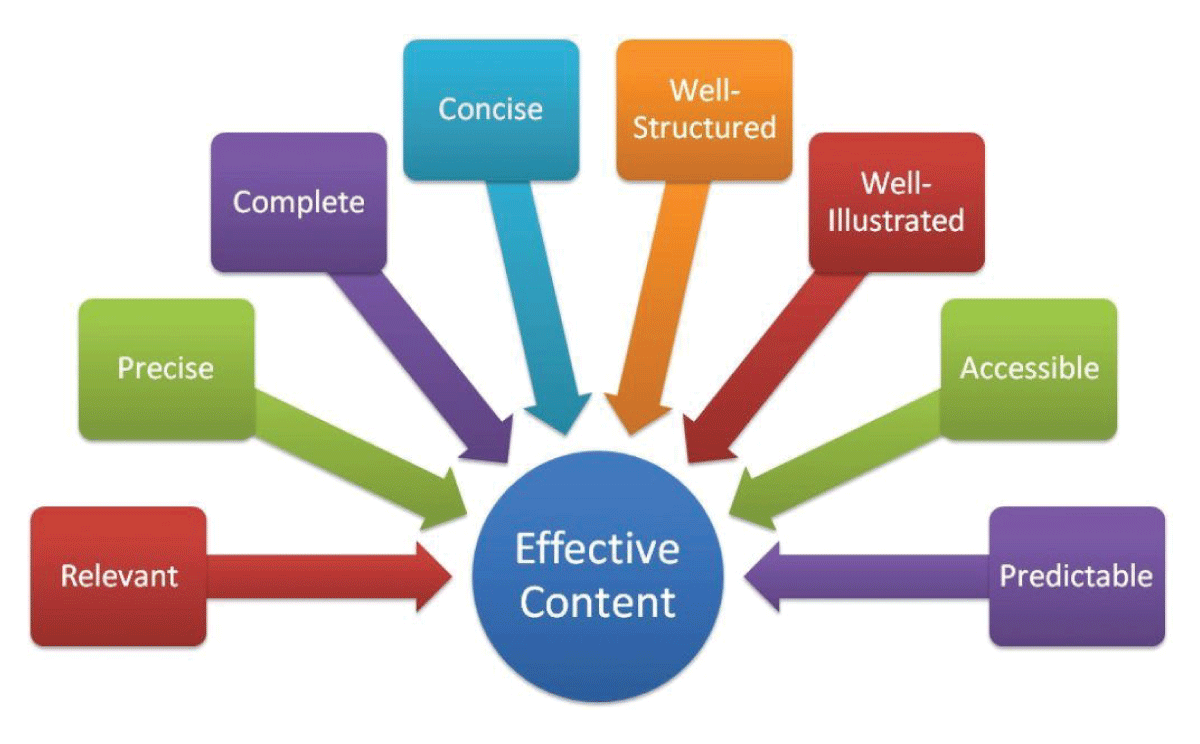
All content—whether it’s created for a blog post, video, or landing page—should do these three things:
- Engage the reader
- Entertain the reader
- Provide valuable information
Lead Generation

Lead generation helps businesses acquire new, qualified potential customers. To be effective at lead generation, you need to understand what your customers want, where they get their information, and how they communicate with others.
Learn About the Various Digital Marketing Channels

Understanding how different digital marketing channels reach different customers is key to succeeding as a marketer. However, it’s important to remember that not every channel will suit your business. You need to evaluate each one and ensure it will work for your specific goals before you begin using it.
Choose Your Specialization
The skills required to succeed in digital marketing are constantly changing. By focusing on one area of digital marketing, you can set yourself apart from the competition.
Here are some specializations you can choose from:
Social Media Management
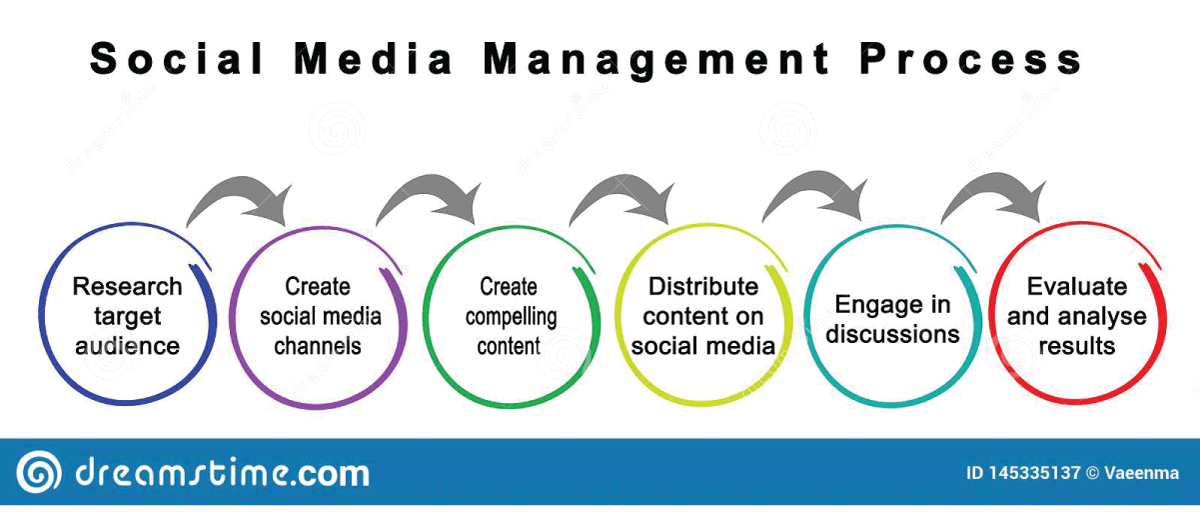
Social media marketing involves promoting your company’s products or services using social media networks. They need to possess a deep understanding of social media platforms and algorithms, manage client budgets, and optimize ad campaigns.
SEO

SEO (or search engine optimization) involves strategies to improve a website’s visibility or a web page in search engine results pages (SERPs). SEO specialists commonly do “on-page” and “off-page” optimization for a website, such as content creation, evaluating the source code of a website, or acquiring backlinks and content promotion.
PPC
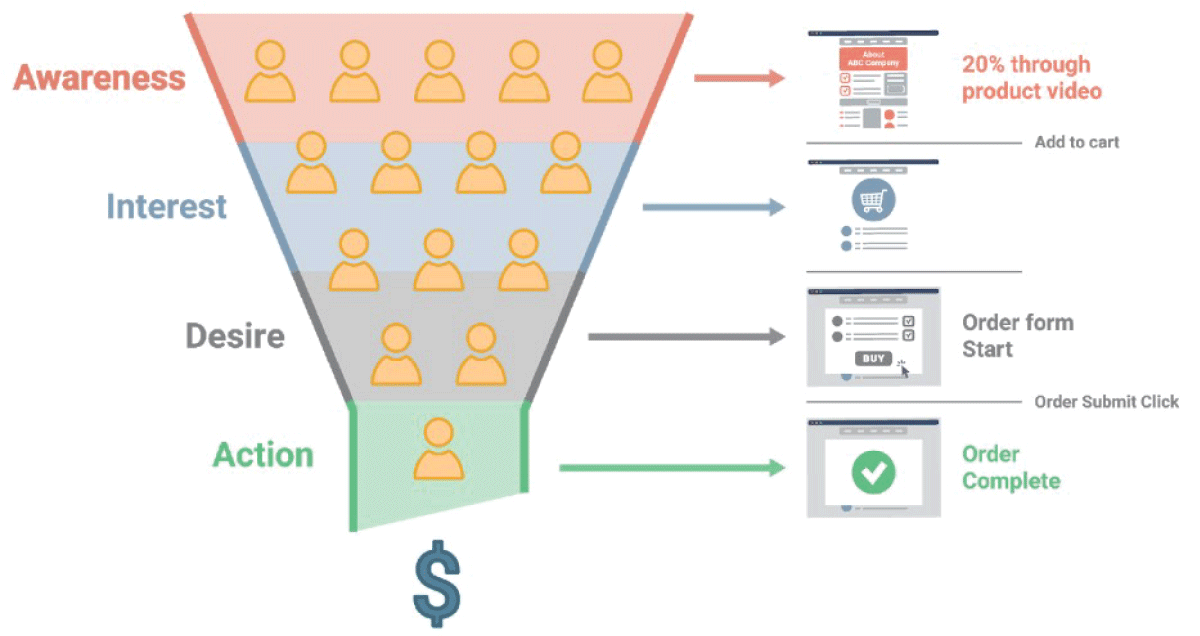
PPC, or pay-per-click, is a marketing strategy where advertisers pay to have their ads shown in search results. PPC specialists must be able to think strategically about how best to create advertisements that appeal to prospective customers, such as what keywords to target, how to create appealing copy and how to design highly-converting landing pages.
Email Marketing

Modern email marketing campaigns aim to get users to take action, like buying a product or signing up for a service.
A successful email marketer should have the following skills:
- An in-depth understanding of email marketing best practices
- The ability to optimize emails for maximum engagement and conversion
- Strong analytical skills
- The ability to write well
Video Marketing

Video marketing encompasses various types of content, from short one-minute Facebook videos to feature-length documentary films. Video marketing is a great way to tell stories and connect with viewers, leading to new audiences, more traffic, and more sales.
Video marketers should possess basic video production, script writing, and editing skills. Additional skills like motion graphics and audio editing will only help enrich your videos and make them stand out more.
Product Marketing

Product marketing often involves the successful launch of a product, including its positioning and messaging. Product marketers focus on the overall product experience—the result of all the efforts from marketing, sales, design, UX, engineering, and more. They research customer needs and work with designers to define their product’s point of difference in the marketplace.
Advertising
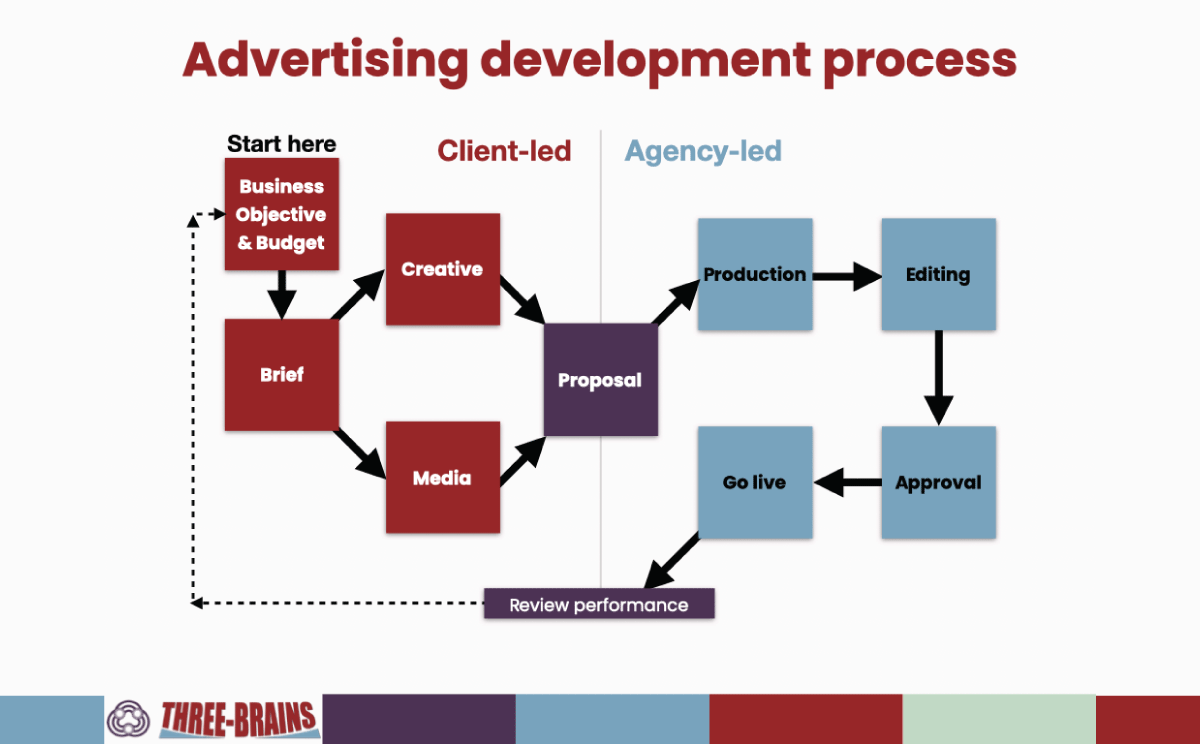
Advertising is a form of communication between an organization and its audience about a product or service. It is used to inform buyers about the advertised product or service. Prime examples include TV, radio, newspaper, or magazine advertisements and online advertising such as PPC, Facebook, or display ads.
Public Relations

Public relations is the art of building, maintaining, and protecting relationships with the media and the public. For a business, it’s vital to engage in public relations to build trust with their customers and keep them engaged. It can be done through social media posts or press releases, but the real magic comes from having a simple strategy that you stick to consistently.
Influencer Marketing

Influencer marketing is a way to build your brand by engaging with influential people in your industry. Influencers have built a large following on social media and other platforms because they’re seen as experts in their field. Using an influencer’s audience to promote your business can help you reach new customers, increase brand visibility, and build trust with potential customers.
Develop Relevant Marketing Skills
Marketing is a complex field that requires a diverse set of skills and expertise. Let’s explore some of the skills you should possess.
Technical Skills
- Market research. A good marketer gathers information on customers, competitors, and the market to understand what products and services are in demand.
- Content creation. Content is the foundation of any good marketing strategy. Content skills help you express yourself clearly and concisely.
- Graphic design. Great design helps you create visually appealing content, which drives engagement with your brand.
- SEO/Search Engine Marketing. These skills allow you to understand how to make your content more visible to people looking for it organically or through paid ads.
- Email marketing. Companies value employees who communicate and build relationships with customers. Having email marketing skills helps you do just that.
- Social media management. Social media skills help you connect with potential customers, build a social media presence and loyalty, and learn about customers’ needs.
- Project management. Organizations value project management skills because it helps employees manage their time, stay on top of deadlines, and ensure they have all the necessary resources to complete their work.
- Data analysis. Understanding data helps identify your customers’ needs, predict the future, and develop strategies to ensure your company’s success.
- Marketing automation. These skills allow repetitive tasks to be automated, thus spending more time on strategy and creativity.
Soft Skills
- Creativity. Being creative allows you to develop unique and innovative ideas that will help the company you work for stand out from the competition.
- Organization. Being organized helps you keep track of all the moving parts, stay on top of your projects, and ensure everything gets done on time.
- Communication. As a marketer, you must connect with the audience and effectively convey your message as a brand.
- Flexibility and Adaptability. These are essential skills for marketers because they help you open up to new ideas and opportunities. They also allow you to stay calm and collected when things don’t go as planned.
- People skills. Marketers need to be able to communicate with all kinds of people, from your marketing department to clients.
- Persuasion. One of the main principles of marketing is persuasion. It helps convince people that your product or service is worth buying and can increase sales.
- Teamwork. As a marketer, you need to collaborate with your team members, share advice and find solutions as a group.
- Problem-solving. Marketers always need to find solutions to any problems that might arise. You need to be able to identify what’s wrong with a marketing campaign and come up with solutions.
- Time management and multitasking. These skills allow you to work with many people simultaneously and help you stay organized.
- Continuous learning mindset. Marketing is an ever-changing field. Algorithms change on a daily basis, and you must keep up with new marketing trends.
Learn Essential Tools and Software Based on Your Specialization
If you’re new to marketing, the tools and software you need to get started can seem daunting. Here are some tools you need to learn, depending on your specialization:
Social Media Management
As a social media manager, you’ll need various tools to keep up with content creation, scheduling, or engagement.
- Content creation: You can use WordPress or Squarespace to create blog posts or landing pages to advertise on social media. You can also use Canva to create social media graphics and infographics.
- Scheduling: Posting on social media at the right time of day can significantly impact your engagement levels and your ad revenue. Use Hootsuite or Buffer to schedule when you post on each platform.
- Social listening: Social media is a two-way street—you’re not just posting to engage with your audience but also listening to what they’re saying about you so that you can respond appropriately in real-time. Use SproutSocial to monitor mentions of your brand across multiple platforms simultaneously.
SEO
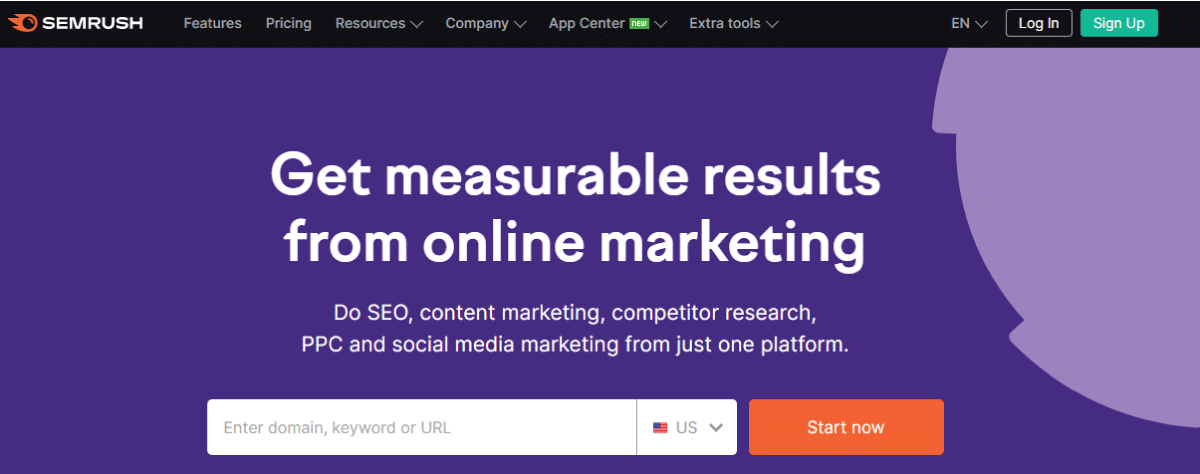
As an SEO specialist, tools help you stay on top of your game and ensure that your clients get the best results possible.
- Ahrefs is great for getting insights into your competitor’s backlinks and keywords—seeing what they’re doing well and how you can improve. You can also use it to gather data about specific pages on your site to see how they rank in search engines.
- Semrush is another tool that lets you see how well your competitors are doing so you can get an idea of where they’re excelling and where there’s room for improvement on your end. It also helps you determine any unexpected changes on your website.
- Google Analytics and Google Search Console give you information about traffic on your website—how much traffic there is overall and where those visitors are coming from. This information can help guide decisions about what kind of content you need to create or what content might benefit from being promoted more.
PPC
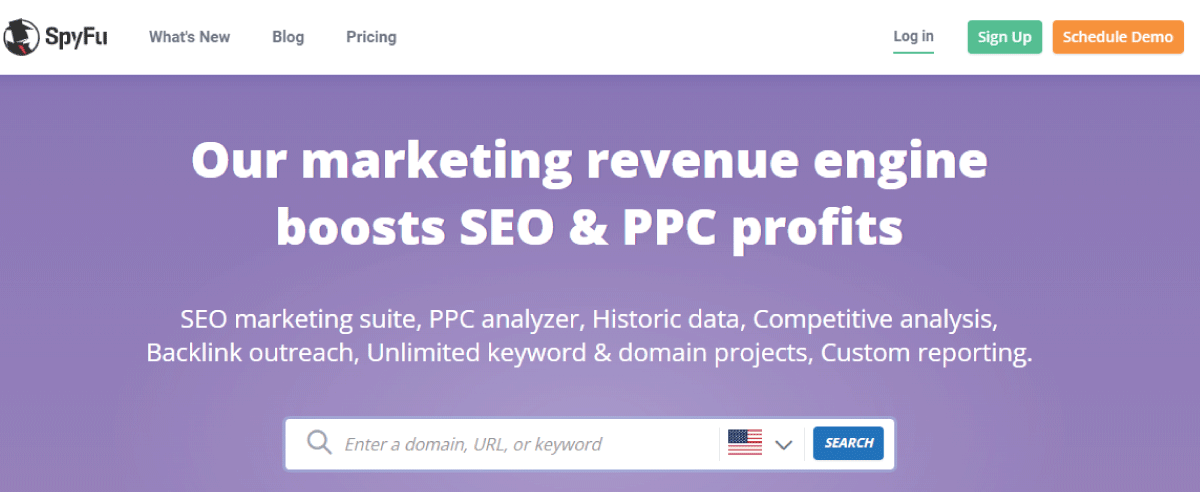
PPC specialists usually work with Google Ads, Facebook Business Manager, and Spyfu.
- Google AdWords is a free tool that lets you create and manage ads for your business on Google. This is where you’ll set up your ad campaigns and manage them over time.
- Facebook Ads Manager is another free tool that lets you create and manage ads for your business on Facebook. This is where you’ll create ad sets, target specific audiences, and track how well your ads perform on Facebook.
- Spyfu is an online tool that helps you spy on your competitors and research keywords for use in paid advertising campaigns for Google or Facebook.
Email Marketing

Email marketers use Mailchimp and MailerLite to design and code their emails.
HubSpot is also popular among email marketers as it helps them track the performance of their campaigns and measure ROI.
Consider a Bootcamp or Certificate
If you want to get into marketing without a degree, you should at least consider a bootcamp or a certificate. Bootcamps are short-term programs that usually last between three and six months. They can be completed in as little as 30 days, but most take two to four months. Digital marketing certificates are often more intensive and require more commitment. You’ll learn marketing basics, including how to create a strategy, write copy, and understand basic analytics. You’ll also get some hands-on experience creating campaigns and working with clients.
Develop Strong Samples, Work on Volunteer Projects, and Build a Solid Portfolio
Show potential employers you have what it takes to succeed in marketing by showcasing solid samples. Demonstrate your ability to plan, organize, and execute a marketing project from start to finish.
Start applying for volunteer projects at companies that interest you and work for them on the side. Many companies are looking for interns who can help with their marketing efforts but don’t have the budget for full-time employees.
Finally, ensure that everything you do has some kind of digital footprint or portfolio.
Find a Mentor
A mentor is a digital marketing professional who can help you understand the ins and outs of the industry, help guide your career in marketing, and give you access to their network. They’ll also teach you how they started in the marketing industry and what they learned.
Pursue an Internship
If you’re looking for a way to break into marketing that doesn’t require a degree, an internship can be the perfect opportunity. An internship is a chance to get valuable experience and training.
Always Network

Networking is paramount for a successful digital marketing career. Here are the best places to make that happen:
LinkedIn is the best place for B2B marketers to connect with others in their field and find potential leads. It’s also a great way to reach out to companies that might be hiring and find digital marketing job openings.
Online Communities
There are also tons of online communities related to marketing, and many of them are specific to certain industries or niches. These allow you to connect with other marketers who have similar interests or work in similar fields so that you can share resources, advice, and ideas.
Conferences and Meetups
Lastly, conferences and meetups are great ways to meet new people while learning more about your industry.
Create a Polished Resume and Prepare for Interviews
Make sure your marketing resume is up-to-date, clear, and concise. Include your education history, any internships, or work experience. Your resume should reflect the skills and experiences most relevant to the marketing position you’re applying for.
Before an interview, practice answering common marketing interview questions with someone who already works in marketing.
How Much Can You Make as a Marketer?
With the right skills and experience, marketers have the potential to earn a lot of money. Here are the average salaries according to the experience level.
Entry-Level
According to Indeed, the salary for an entry-level marketing manager is $51,550 per year. Entry-level marketers usually have under two years of experience.

Mid-Level
Mid-level markers, however, make an average of $98,085 per year. This includes a base pay of $78,854 per year.

Senior-Level
Senior-level marketers have years of marketing experience under their belt. They earn an average of $114,582 per year.

Entry-Level Marketing Jobs You Can Apply for Without a Degree
There are various options for jobs in marketing without a degree so that you can get your foot in the door and start building your digital marketing career. Let’s explore some of them.
Marketing Assistants
Support marketing managers and specialists who create and execute the company’s marketing plans.
Social Media Coordinators
Are responsible for managing the social media accounts of a company or organization. They help create content, manage followers and target audiences, and monitor analytics to help their clients reach their goals.
Junior Copywriters
Work with the more experienced and senior writers to create compelling ad campaigns.
Junior SEO Specialists
Are responsible for conducting keyword research, competitors’ analysis, and backlinks research. They usually support SEO managers in their day-to-day tasks.
Junior Paid Search Associates
Help build and optimize ad campaigns to drive traffic to their clients’ websites.
Email Marketing Associates
Are responsible for creating and sending email campaigns. They create the content and copy, design the layout, and ensure that all links work correctly.
PR Assistants
Are responsible for scheduling interviews, writing press releases and other materials, and coordinating events.
Marketing Coordinators
Plan and implement campaigns, manage budgets, and keep the team on track to achieve goals.
Account Coordinators
Ensure that clients, customers, and vendors get the correct information at the right time.
Communications Specialists
Help organizations communicate effectively with their employees, customers, and other stakeholders.
FAQs About Becoming a Marketer
We’ve got the answers to your most frequently asked questions.
Can You Learn Marketing on Your Own?
Yes. But you have to be committed, dedicated, and willing to take the necessary time to do so. Once you’ve learned the basics, you can get an internship, enroll in a digital marketing course, or start freelancing on the side.
How Do I Know if Marketing Is for Me?
Marketing might be for you if you want to work in a fast-paced, fun environment. You’ll be working with people from all over the world, and on many different projects, so you’ll need to be able to communicate with them effectively.
You’ll also need to be comfortable taking the initiative and working on your projects independently.
Is Marketing Hard To Get Into?
Marketing is a field that can be difficult to break into because it requires a lot of skills and knowledge that you may not have yet. But if you’re willing to put in the time and effort, it’s also one of the most rewarding careers. You’ll get paid well for what you do and will have opportunities for advancement throughout your career.
Which Field of Marketing Makes the Most Money?
The fields that make the most money are the ones that focus on writing, graphic design, or communication—in other words, the fields that demand a variety of digital marketing skills.
Some of the highest paying fields are SEO, marketing automation, content marketing, or analytics.
Since you’re here…
Ready for a career in digital marketing? Test our curriculum with this free digital marketing learning path, and check out our salary guide to see what you could be making.
![How To Get Into Marketing Without a Degree [Career Guide]](https://www.springboard.com/blog/wp-content/uploads/2022/08/how-to-get-into-marketing-without-a-degree.png)


